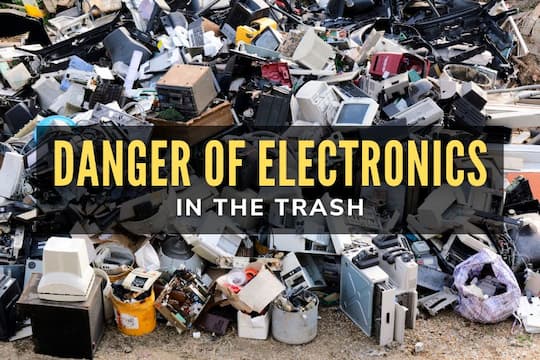With our growing dependency on technology and with the amount of personal information that is shared over the Internet, it is no wonder that protecting this information from cyber threats and hacking has become one of the government’s utmost priorities. In a recent attempt to be more capable of meeting cyber attacks head-on, the government approved the Cybersecurity Information Sharing Act (CISA) earlier this year. This act would allow private companies to share cyber threat data with the US government. The idea behind the law is that if the government can have more information on how companies are being hacked, they will be able to better safeguard against future attacks. However, a growing number of security experts have expressed their concerns about the act passed to protect cyber information; many saying that the bill will be more likely to infringe on the privacy of citizens than on protecting them from hacking incidents.
The data that would be shared with the government would consist of sensitive information that would include personally identifiable information. This information would be shared with offices such as the Department of Justice, the Director of National Intelligence, and the Department of Homeland Security. Those against the bill point out that this information could end up as yet another way for the NSA to have surveillance on citizens. Instead of using the information to created better security systems, it would instead be used for a variety of reasons such as identifying terrorists, prosecuting ordinary criminal offenses, etc. Since the act allows the government to retain, disclose, and use any of the data they receive from the CISA, opponents argue that the information could create dangerous incentives for government officials to use the information for criminal investigations under false premises. Also, many wonder if the government will be able to keep track of all the information efficiently they receive as the offices of government are not as effective as sharing information among themselves. If the CISA is to help protect against cyber attacks as it was initially intended to do, then the government must first come up with a more efficient way to share the information that they receive.





















